PRO-ACT Video Series: Peer Support Programs in Southeast Pennsylvania
What Is Possible?
Working With Recovery-Oriented Partners
Community partners and stakeholders set a context in which personal recovery can happen. The greater understanding of recovery—and the role that peer recovery support services (PRSS) can play in that process—the better the chances for a successful PRSS program.
This segment describes how the recovery-oriented philosophies of PRO-ACT and the support of key partners have implemented and mobilized to address opioid use disorders (and other substances of misuse) and additional complex, unmet health needs.
"There is a power in someone with lived experience saying, ‘I have been where you are, and I can see a future that is a little different than where you are today. I’d like to invite you to help see it too.’ There is a power in that that I think can be transformational."
—Jennifer King, M.A., CFRE; Executive Director, The Council of Southeast Pennsylvania
PRO-ACT VIDEO SERIES: PEER SUPPORT PROGRAMS IN SOUTHEAST PENNSYLVANIA
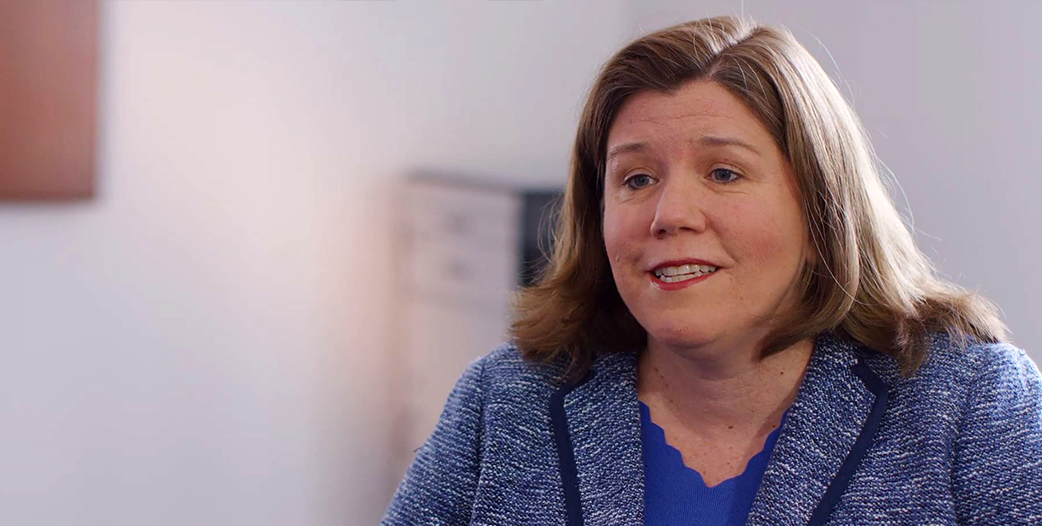
What Is Possible? Working With Recovery-Oriented Partners
Recovery is central to the mission of The Council; PRO-ACT is a key vehicle by which that mission is achieved. Recovery is not only an individual process: it happens within systems of care that are recovery-oriented and in communities that are recovery-rich.
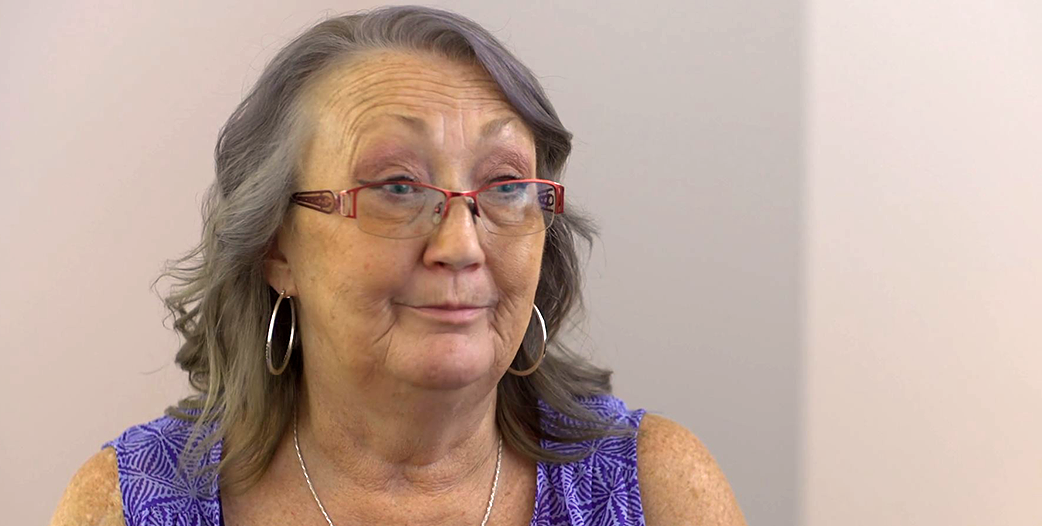
How Important Is It? Sharing Lived Experience and Hope
Certified recovery specialists (CRSs) share their lived experience of recovery and inspire hope for change. They meet people where they are—literally and figuratively—and motivate change through self-disclosure, help others to navigate resources, and address a host of other services and tasks.
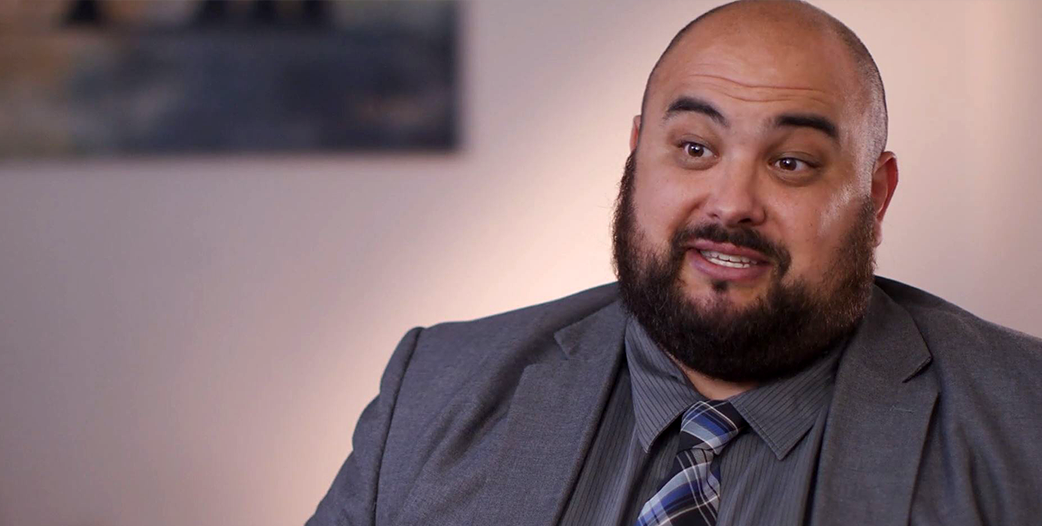
How Can We Help? Part I: Police-Assisted Diversion Collaborating on Alternatives to Incarceration
Diversion programs offer a mechanism for law enforcement officers and criminal justice officials to redirect a person involved in the criminal justice system who is experiencing a health crisis to the health and social services that he or she needs. As pointed out in this segment, “sometimes this is the key to reducing involvement in the criminal justice system.”
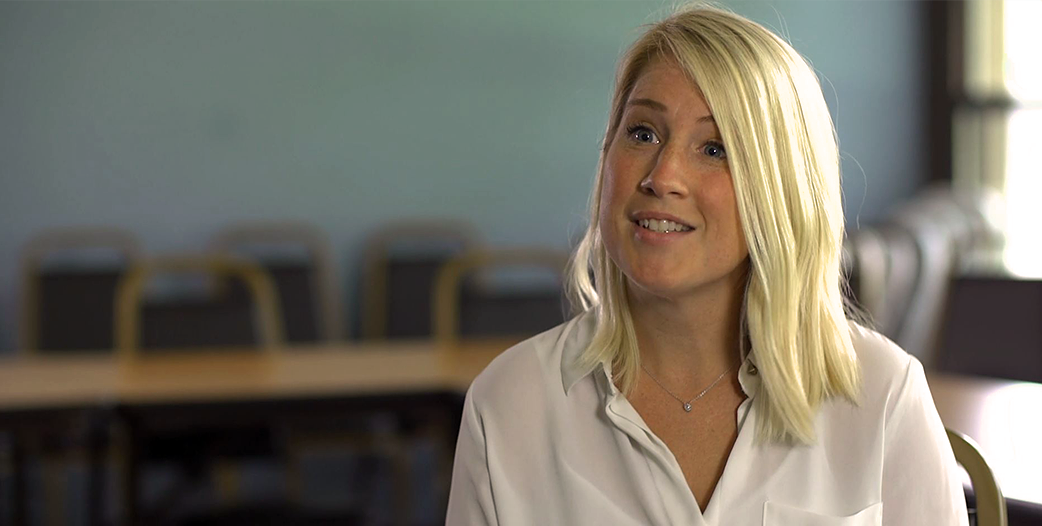
How Can We Help? Part II: Drug Treatment Court Collaborating on Alternatives to Incarceration
In this segment, Drug Treatment Court—a program that integrates PRO-ACT CRSs in its work—is described.
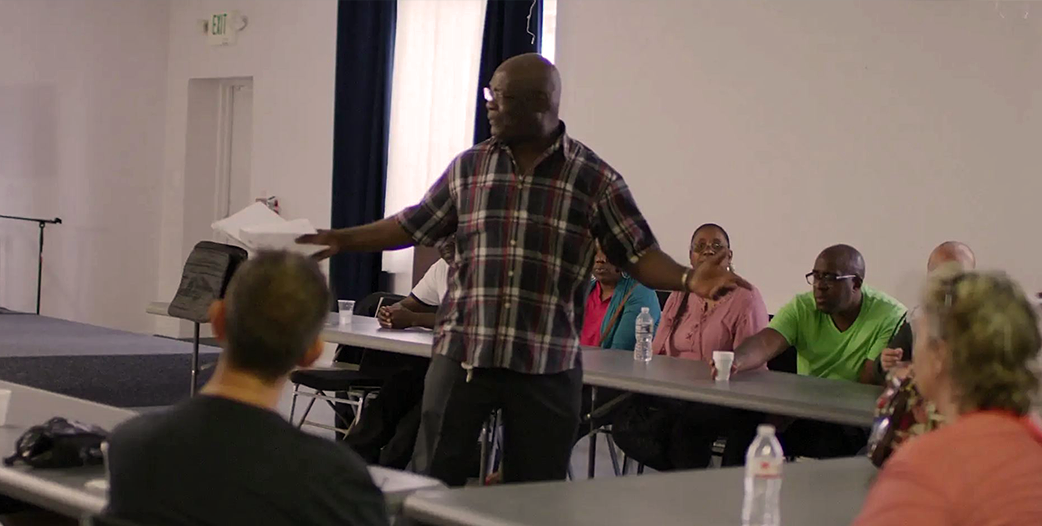
Can I See Myself Here? Building a New Life at Recovery Community Centers
Successfully completing a treatment or diversion program is an important first step for many individuals with substance use disorders. But what happens next? As highlighted by a PRO-ACT CRS: “I know that you can get clean, but if you are like me, you don’t know how to stay clean. So I explain to them that using the services of PRO-ACT can help that ‘staying clean’ process.”


